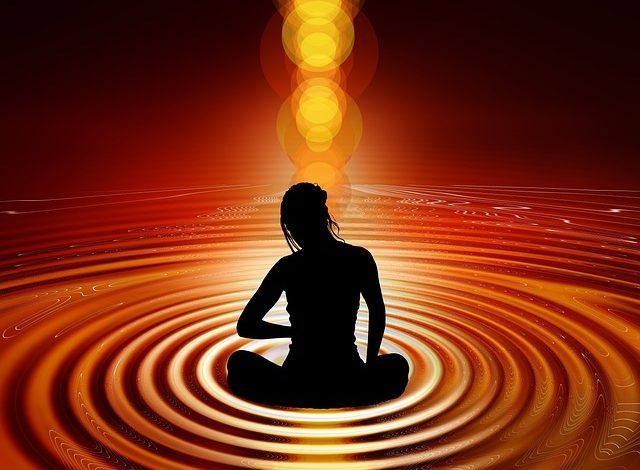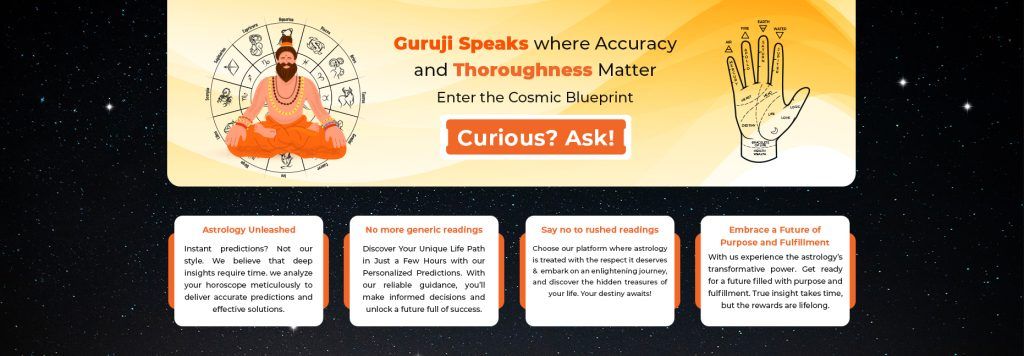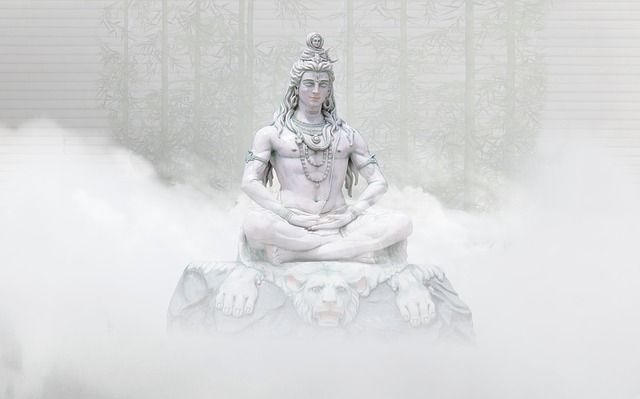
Unveiling the Mystical Significance of 108 in Hinduism: A Sacred Number

In Hinduism, numbers hold a deep spiritual significance, and one number that stands out prominently is 108. The number 108 has been revered and considered sacred across various aspects of Hindu culture and practices. From ancient texts to modern-day rituals, the presence of 108 is omnipresent, carrying profound religious relevance and fascinating facts. Let us embark on a journey to explore the mystical significance of 108 in Hinduism.
Astronomical and Mathematical Significance:
The number 108 holds significance in various astronomical and mathematical calculations. According to Hindu cosmology, the universe is believed to be composed of 108 elements, including planets, stars, and celestial bodies. Moreover, there are 27 constellations in the lunar zodiac, and each constellation has four padas or parts, resulting in 108 padas in total.
Sacred Beads and Mantras:
The Hindu rosary, also known as the “mala,” consists of 108 beads. Devotees use the mala to recite mantras and prayers during meditation and spiritual practices. Each bead represents a sacred mantra or deity, and completing 108 repetitions is believed to bring spiritual purification and enlightenment. It is said that by chanting a mantra 108 times, one can align their consciousness with the divine.
The Human Body and Chakras:
In Hindu philosophy, it is believed that the human body contains 108 energy points or marma points, which correspond to the chakras, energy centers that govern different aspects of our being. The number 108 symbolizes the spiritual journey from the base of the spine (muladhara) to the crown of the head (sahasrara), representing the path to enlightenment and self-realization.
Sacred Hindu Scriptures:
Several ancient Hindu texts, such as the Upanishads and the Vedas, contain references to the significance of 108. The Upanishads mention that the individual soul is connected to the Supreme Consciousness through 108 nadis or energy channels. Additionally, the Rigveda, one of the oldest scriptures, consists of 108 hymns, emphasizing the profound symbolism of this sacred number.

Temples and Pilgrimages:
In Hindu temple architecture, the number 108 holds great importance. Many ancient temples have 108 steps leading to the main sanctum, representing the spiritual ascent towards the divine. Furthermore, some major Hindu pilgrimage sites are believed to be connected by a sacred path consisting of 108 holy places, fostering spiritual growth and devotion in the pilgrims.

Time and Astrology:
In Vedic astrology, there are 12 zodiac signs, and each sign is divided into nine segments called “navamsas.” Multiplying 12 by 9 gives us 108. This connection between astrology and the number 108 is seen in various astrological calculations and predictions. Moreover, there are 27 lunar mansions or nakshatras, and each nakshatra is further divided into four padas, resulting in a total of 108 padas.
The number 108, with its deep-rooted religious significance and intriguing facts, holds a special place in Hinduism. From its association with the cosmos and the human body to its presence in sacred texts, rituals, and temples, 108 serves as a reminder of the interconnectedness of the divine and the earthly realms. Whether in mantra recitation, meditation, or spiritual practices, the power of 108 continues to inspire and guide seekers on their spiritual journeys, inviting them to explore the vast depths of Hindu philosophy and spirituality.
As we unravel the mystical secrets behind 108, let us embrace this sacred number with reverence and deepen our understanding of the rich tapestry of Hinduism’s spiritual heritage.




